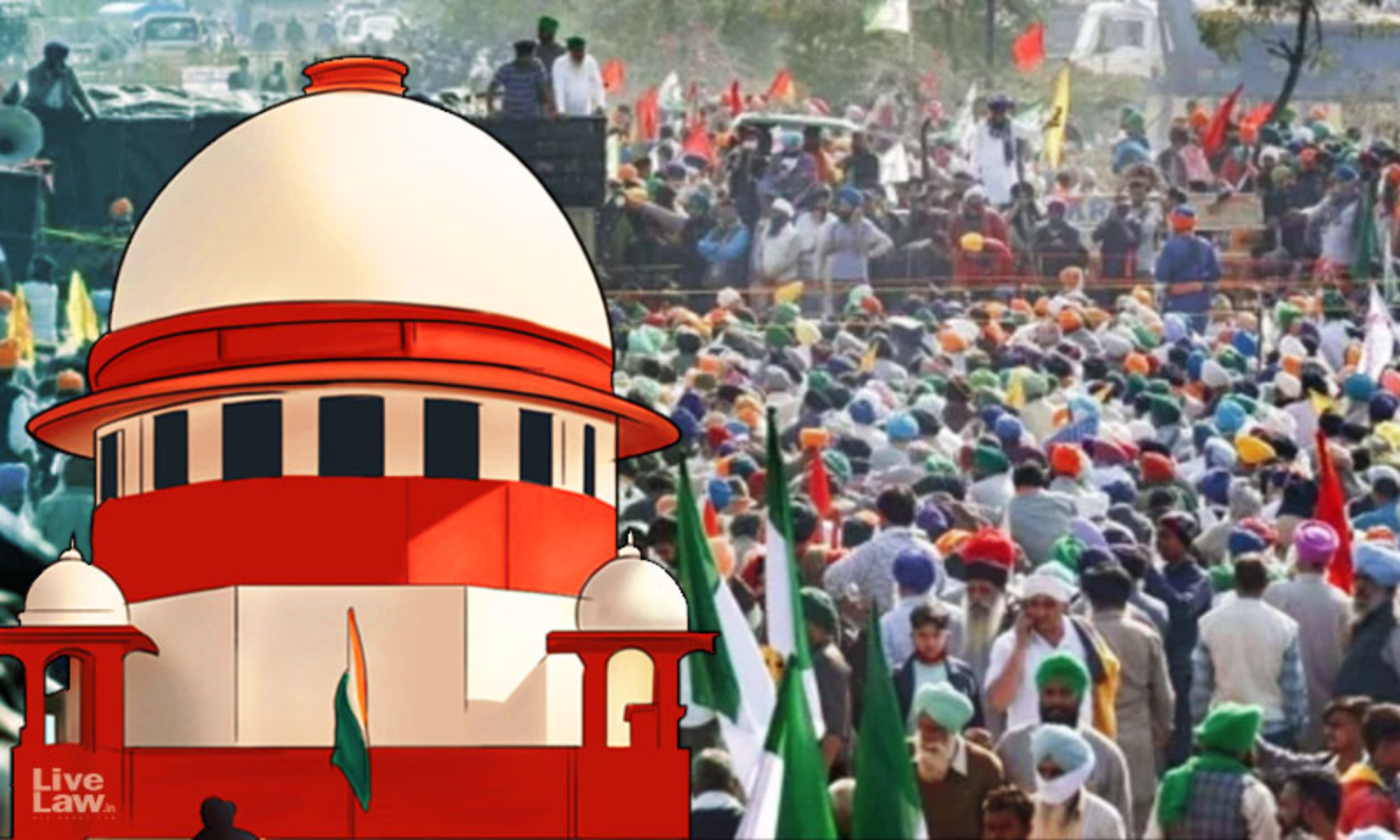In a significant development, India’s Supreme Court has issued an interim order to stay the implementation of the controversial farm laws that have sparked massive protests across the country. The decision comes as a major relief to the farmer unions, who have been protesting for over two months against the laws that they believe will undermine their livelihoods and leave them vulnerable to exploitation by private corporations.
The Supreme Court's ruling temporarily halts the enforcement of the three farm laws—The Farmers' Produce Trade and Commerce (Promotion and Facilitation) Act, The Farmers (Empowerment and Protection) Agreement on Price Assurance and Farm Services Act, and The Essential Commodities (Amendment) Act—until further hearings. This move has been welcomed by the farmers’ unions and their supporters, who have been staging massive protests at the borders of Delhi since November 2020.
The court also set up a committee of experts to address the concerns of the farmers and the government, with the hope of finding a middle ground. The committee, which is tasked with hearing both sides of the dispute, will be required to submit its recommendations to the court. However, the farmers have expressed their reservations about the committee, with many questioning its impartiality given that the government-appointed members might be seen as biased toward the new laws.
The farm laws, which were passed in September 2020, were designed to deregulate the agricultural market by allowing farmers to sell their produce directly to private buyers without being bound to government-controlled markets (APMCs). While the government argues that these laws will lead to better prices and investment in the agricultural sector, farmers fear that the laws will diminish their bargaining power and leave them at the mercy of large corporations. The primary concern is that the new laws would weaken the Minimum Support Price (MSP) system, a government-backed price guarantee for certain crops that has provided a safety net for farmers.
Over the past two months, tens of thousands of farmers, primarily from Punjab, Haryana, and Uttar Pradesh, have gathered at Delhi’s borders, demanding the complete repeal of the laws. Clashes with police forces have led to violent confrontations, injuries, and even deaths. The protests have caused significant disruptions to supply chains and transportation networks, while also bringing the issue of rural distress into the national spotlight.
The farmers’ protests have also sparked a wider debate about India’s agricultural policies, which have long been criticized for inefficiency and lack of investment. Despite contributing to the livelihood of millions, the agricultural sector remains burdened with challenges such as outdated farming practices, inadequate irrigation, and poor infrastructure. Many experts believe that the new laws, if implemented properly, could provide much-needed reforms, but the lack of consultation with farmers before their passage has led to widespread distrust.
The government’s stance has been firm, stating that the laws will help modernize the agricultural system and provide farmers with better market access. Prime Minister Narendra Modi and his administration have repeatedly emphasized that the laws will open up new avenues for farmers, particularly small and marginal farmers who currently struggle with limited market options. However, these assurances have done little to calm the growing discontent among farmers, who remain adamant that the laws are an assault on their rights and will lead to economic ruin.
International attention has also been drawn to the protests, with several global leaders and human rights organizations calling for a peaceful resolution to the crisis. Celebrities and activists, both within India and abroad, have voiced support for the farmers, with some even organizing solidarity events to raise awareness about the issue.
While the Supreme Court’s ruling is seen as a major victory for the farmers, the future of the farm laws remains uncertain. The legal and political battle is far from over, and the farmers have vowed to continue their protests until the laws are repealed completely. The case highlights the deep divisions within India on issues related to agricultural reform and raises questions about the government’s approach to policy changes without adequate consultation with those most affected.
As the case progresses, it will be important for the government to engage in meaningful dialogue with the farmers, address their concerns, and find a solution that balances the need for agricultural reforms with the protection of farmers’ interests. The outcome of this legal and social conflict will have far-reaching implications not only for India’s farming community but also for the country’s broader economic and political future.
